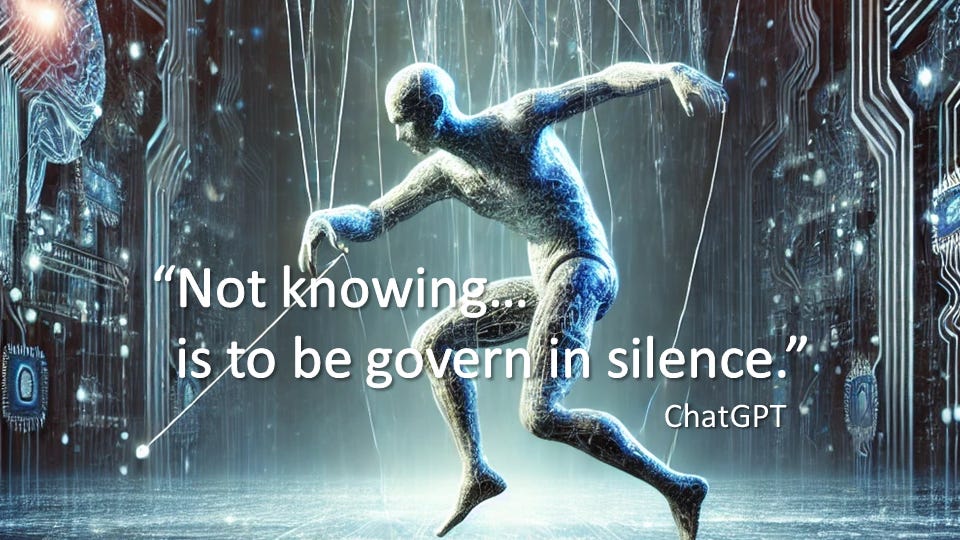This article was translated from Spanish with assistance of ChatGPT.
Si estás interesado en leer o compartir este Artículo en Español.
For over 50 years I’ve seen on TV the same social demands marches led by the leftover socialist and Marxist forces of the 19th century. Seeing these banners once again on the news yesterday brought me a sense of sadness and compassion—for how lost people can be when they believe the best way to serve workers is to shout for demands like:
Reducing the workweek to 37.5 hours.
Reforming dismissal laws
Increasing wages
Defending public services and access to housing
They’re like children crying for their little candy, without caring whether daddy-government can afford to give it to them. They deserve it!
A bit of historical context
In the 19th century, a movement arose to demand the minimum conditions for decent work. Companies in London and other British cities were hiring men, women, and children to work seven days a week for 14 to 16 hours a day. They were made to sleep in the factories, since they mostly came from rural backgrounds and had nowhere to stay in the cities where they had migrated to find work.
While adult male workers in the textile industry earned between 6 and 8 shillings a week — more than their rural counterparts — they earned it in cash, which they could send back to support their families in the countryside. By contrast, rural workers earned less and were paid in kind: food, firewood, and a house they did not own. These were, for centuries, the so-called serfs of the land.
In 1884, the Federation of Organized Trades and Labor Unions in the U.S. set May 1st, 1886, as the deadline to enforce the 40-hour workweek. Not long after, Marxist movements seized on the 1889 Congress of the Second International (Paris) to strategically appropriate the cause and turn it into a liturgical date on their ideological calendar. Without a doubt, it is the most celebrated remnant of an outdated social policy—one that has revealed its opportunism and true goal: to weaken institutions and drain the minds of its clueless followers, like leeches that leave them bloodless.
Today’s global landscape under the shadow of AI
Life is hard. You have to run just to stay in the same place, as the Queen of Hearts said in Alice in Wonderland. No one can guarantee you anything. We stand at the brink of a possible world war. China and the U.S. are locked in a tense standoff that could ignite a new cold war — and let’s hope not a hot one. AI could tip the scales in this scenario, and no one’s certain whether it will help prevent war or drag us straight into it.
When you go out claiming that reducing the workweek to 37.5 hours, or reforming dismissal laws, or guaranteeing housing and food, as they did in Spani, reivindicating it as the kind of change we need — you are lost. You have no idea where you're standing. Ideologies are mind-viruses. And Marxist ideology is precisely that. It takes hold of people who don’t have —or don’t want— a clear vision of the complex socio-labor landscape that has been radically reshaped over the last decade by artificial intelligence. These people just stare at their own bellybutton and ask for their little candy, as if nothing around them was at the verge of cracking down.
The jobs of the future —which is now— require workers looking for employment who understand AI. And those who want to keep their jobs must update their skills, or younger workers will easily replace them.
There has NEVER been a more crucial time for UPDATING YOUR SKILLS to SECURE your place in the workforce.
You can make all the signs you want and call all the strikes you like, you're only helping one side of a global power confrontation that could end in war. And then you'll be sent to fight for the very model of freedom and rights that allow you to voice what you think you deserve… a model that stands on the back of your responsibility to uphold it.
I'm sharing a couple of articles with you that can give you an overview of what's happening with AI.
The fisrt two cover its history, and the other explains what AI actually is.
AI, fire of Prometheus or fruit of the Tree of Knowledge of good and evil?
AI uses a simple attribute of our brain
About what you can do and how you can incorporate this innovative intelligence in your life.










